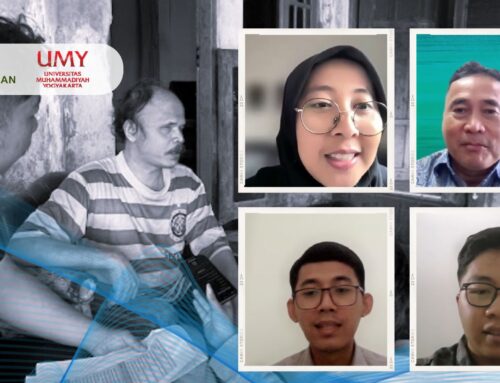This study analyses the factors that support or hinder financial inclusion for disabled people, using Yogyakarta Province as a case study. It seeks to assess the effectiveness of existing regulations and identify barriers and opportunities in accessing financial services. This study uses a qualitative approach with semi-structured interviews based on the framework of facilitators and barriers to explore financial inclusion for disabled people in Yogyakarta Province. Snowball sampling was used to recruit four informants, comprising two individuals with visual impairments and two with physical impairments. Data collection involved interviews with informants, banking representatives, and disability experts. Thematic analysis was applied to identify patterns and develop key themes from interview transcripts.
The study identified several facilitators and barriers to financial inclusion for disabled people in Yogyakarta Province. Facilitators include cooperatives offering door-to-door services, accessible banking facilities such as ramps and trained staff, and digital innovations like mobile banking, which reduce physical barriers. However, barriers persist, including stigma, misperceptions, and inadequate physical and digital infrastructure. Many banks lack accessible ATMs or audio-guided mobile platforms, hindering service usability for visually impaired individuals. Additionally, distance to branches and insufficient accommodations exacerbate exclusion.
Pemateri: Muhammad Anif Afandi (Universitas Muhammadiyah Metro dan Universitas Padjadjaran) dan Faizmal Sugiarto (Universitas Muhammadiyah Yogyakarta)
Pembahas: Donni Fajar Anugrah (Departemen Keuangan Inklusif dan Hijau, Bank Indonesia)
Kamis, 30 Januari 2025 jam 10.00-11.30 WIB
Daring dalam Bahasa Indonesia. Registrasi: bit.ly/fkp0130
Thumbnail photo by Prodi Ekonomi FEB UMY
Slides and video for past seminars:





Leave A Comment